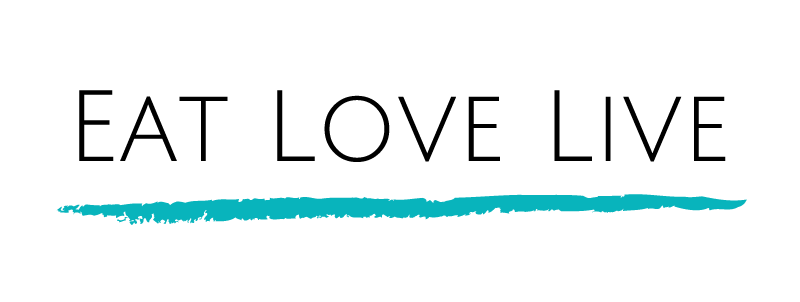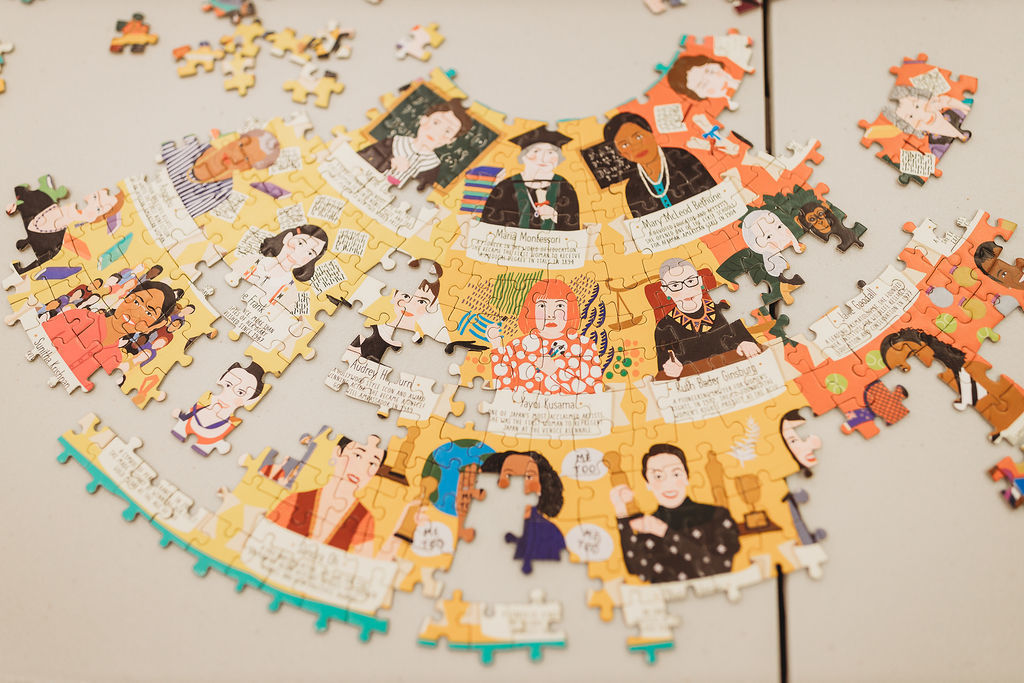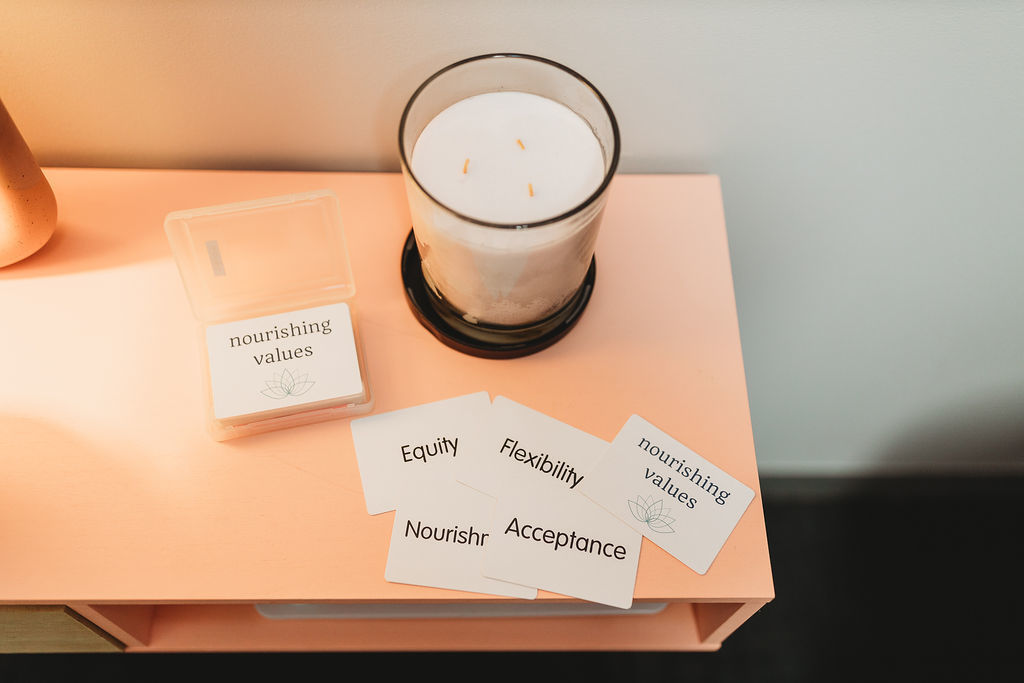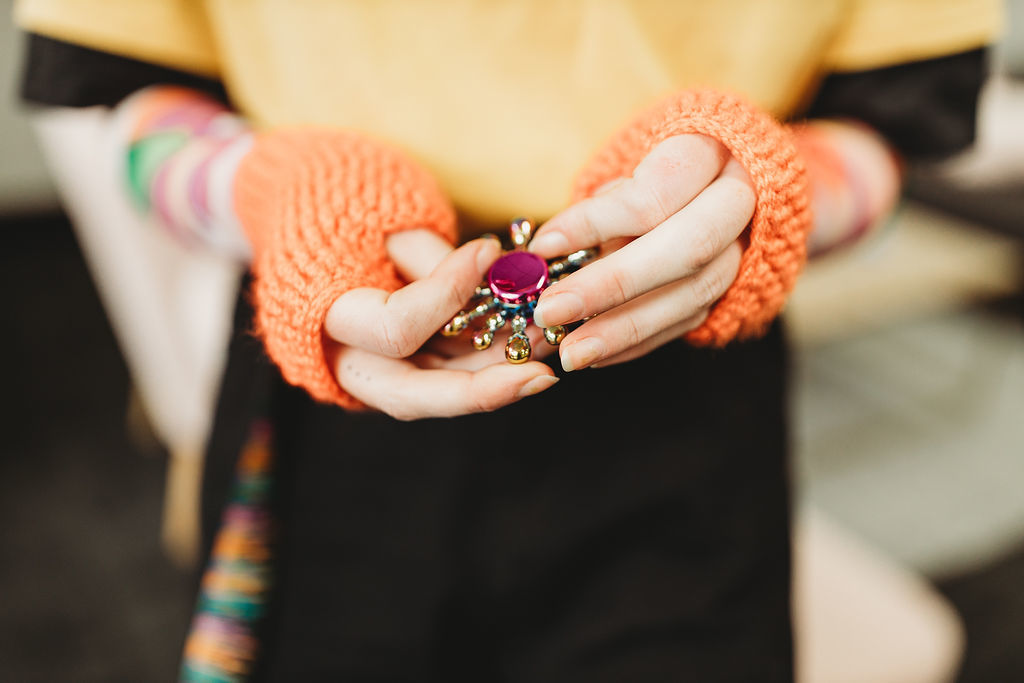Compassionate Approaches to Eating Disorders in Higher Weight Bodies
Workshop and short course
Online Course and/or Webinar coming soon!
Register your interest here
Attendee Feedback:
"Before becoming a dietitian, I was a skydiver for about 10 years. There’s a saying in skydiving when a new jumper shows up with ‘all the gear and no idea’. New jumpers often believe if they’ve got the best gear, they’ll be a good and safe skydiver, which makes sense logically.
You do the ground training, you learn to skydive solo with a couple of instructors, you complete 20 solo jumps…..and then you’re kind of on your own. People often think that opening your parachute is your biggest concern. But there’s risk every step of the way.
It’s high risk, high reward and unique in that everyone on the plane needs to be as knowledgeable, skilled, and safe as possible.
So how do you become a skydiver [dietitian]? You have the gear [university] and training [placement], experience [work], you debrief [reflection], and you discuss incidents [supervision]. You also learn a lot between jumps and over beers at the end of the day [in-person courses/conferences].
How do you become a great skydiver [safe dietitian]? You learn from the practical knowledge, skills and mistakes of skydivers with years of experience and 10,000+ jumps [ELL training]. This is what keeps you and everyone you jump with safe and where the super fun skydives happen! [safe and successful clinical practice]
You can read every book [article], watch every video [webinar] and attend every camp [course]. But if no one has shown you what to do when you’re on your back and spinning at 6,000 feet with 5 seconds to hit the ground, or if your canopy opens in a spin, or if you’re about to land in the ocean, of it you’re about to fly into powerlines, or get caught in a canopy wrap, then you don’t have time to figure out the best response. You are at higher risk of being seriously injured or dead [burnt out or leaving the profession].
I’ve felt like I’ve been walking around with ‘all the gear and no idea’ and just wishing someone would show me how to actually work with clients as a dietitian. I don’t want to have to learn the hard way, in skydiving that’s how people get hurt or killed. And it makes for shitty, unsafe skydivers that no one wants to jump with [unsafe dietitians with clients that don’t rebook].
The course was exactly what I’ve been looking for! It was the perfect mix of evidence, reflection, connection, discussion, and practical tools to use with clients. You’ve both brilliantly translated your wealth of knowledge and experience into something that feels safe and really helpful in day-to-day practice. It’s already taken a huge weight off my shoulders trying to figure out what works and what doesn’t. I can already feel myself becoming a better dietitian, which will allow me space to improve in other areas." Emma
Do you struggle with how to discuss bodies in a way that feels empowering, not harmful?
Do you find yourself unsure how to help clients in higher weight bodies without reinforcing harmful stereotypes?
Learn how to navigate conversations about bodies with sensitivity and respect, create a safe, inclusive environment, and support clients in higher weight bodies in their healing journey.
You'll discover how to approach evidence-based treatments to be more inclusive; celebrating body diversity and fostering self-compassion. Learn how to address weight stigma, navigate challenging conversations, and create a supportive, safe space.
Whether you’re a counsellor, therapist, dietitian, or any health professional, you’ll leave with the tools to help, not harm, and empower your clients through their eating disorder recovery.
Workshop Content overview:
Laying the foundations
-
- A deep dive in to language
- Overview of the relevant research
- Lived experience perspectives
- Adaption of the Transdiagnostic model of an eating disorder to include anti fat bias
- Adaption of the Eating Disorder cycle to include anti fat bias
Stepping into the shoes of our client (case study) and walking through the therapeutic relationship from locating a practitioner, engagement and interventions.
-
- Engagement
- Holding space
- Client assessment considerations
- Education topics and considerations
- Intervention adaptions and common stuck points
- supporting progress
- Sitting with Incougerance
- Anger
- Grief
- Community connection and healing
- Advocacy
- Where to from here - integrating learnings into practice.
Walk away with:
Workbook
5 practical worksheets to use in session with clients (Digital)
5 Education resources to share with clients (Digital)
Increased connection with peers and confidence supporting clients without harming.
THis course is for all Health Practitioners who:
-
Work with individuals affected by eating disorders, including psychologists, Gp, Nurses, Psychiatrists, therapists, counselors, dietitians, and social workers, seeking to expand their knowledge and tools in weight-inclusive care.
-
Are committed to exploring, understanding and addressing weight bias in healthcare and want to learn how to provide more inclusive, compassionate care to clients of all body sizes.
-
Want to create safe and supportive spaces for individuals in higher weight bodies, ensuring their clients feel seen, respected, and empowered in both physical and virtual settings.
-
Seek to understand the intersection of weight stigma, body image, and mental health, and are curious to reflect on treatment that addresses these complex issues without reinforcing harmful societal norms.
-
Are interested in adapting and challenging traditional treatment approaches to eating disorders by incorporating weight-neutral and evidence-based practices into their clinical work.
-
Desire to deepen their practice by engaging in ongoing reflection and learning about how their own biases might impact client care, and how they can actively dismantle weight stigma within their practice.
This workshop is for any health professional who is passionate about providing inclusive, supportive, and trauma-informed care to individuals in higher weight bodies and is looking to make a meaningful difference in their clients’ lives.
Learning objectives :
To understand and analyse the historical and socio-cultural roots of fat phobia within eating disorder treatment and care
2. To identify eating disorder safe principles when working with people with a higher weight body
3. To utilise communication that is empowering, de-pathologising and person-centred
This course will be highly interactive encouraging reflective skill and provide new tools to empower your practice and skills. A number of resources will be suggested for you and your clients to use ongoing.
We get it — deciding where to invest your time, energy, and heart matters.
Especially when it comes to supporting clients in higher weight bodies with the care, nuance and respect they deserve.
If you’ve ever hesitated in sessions, wondering “Am I doing more harm than good?”, or wished you had more confidence navigating tough conversations about body image and weight stigma — this workshop is for you.
This isn’t just another training. It’s an invitation to slow down, connect, reflect, and grow. To sit in the complexity. To learn in community. To leave more resourced — and more grounded — in your ability to truly support your clients, without reinforcing harm.
Whether you’re new to this space or have been walking this path for a while, this face-to-face workshop offers both the clarity and connection so often missing in online learning.
And remember — we’re including our full online course “I’ve done the basic ED training… now what?” (valued at $325) as a bonus — because we believe this work deserves deep, ongoing support.
Spots are limited to just 12 participants — so if this speaks to you, we’d love to have you with us.
Come sit with us.
Let’s do this work, together.
"The course was exactly what I’ve been looking for! It was the perfect mix of evidence, reflection, connection, discussion, and practical tools to use with clients. You’ve both brilliantly translated your wealth of knowledge and experience into something that feels safe and really helpful in day-to-day practice. It’s already taken a huge weight off my shoulders trying to figure out what works and what doesn’t. I can already feel myself becoming a better dietitian, which will allow me space to improve in other areas."
Online Course and/or Webinar coming soon!
Register your interest here
Your Workshop Facilitators:
Dr Christie BennettAdvAPD, CEDC | Josephine MoneyAPD, CEDC |
| Christie@eatlovelive.com.au |
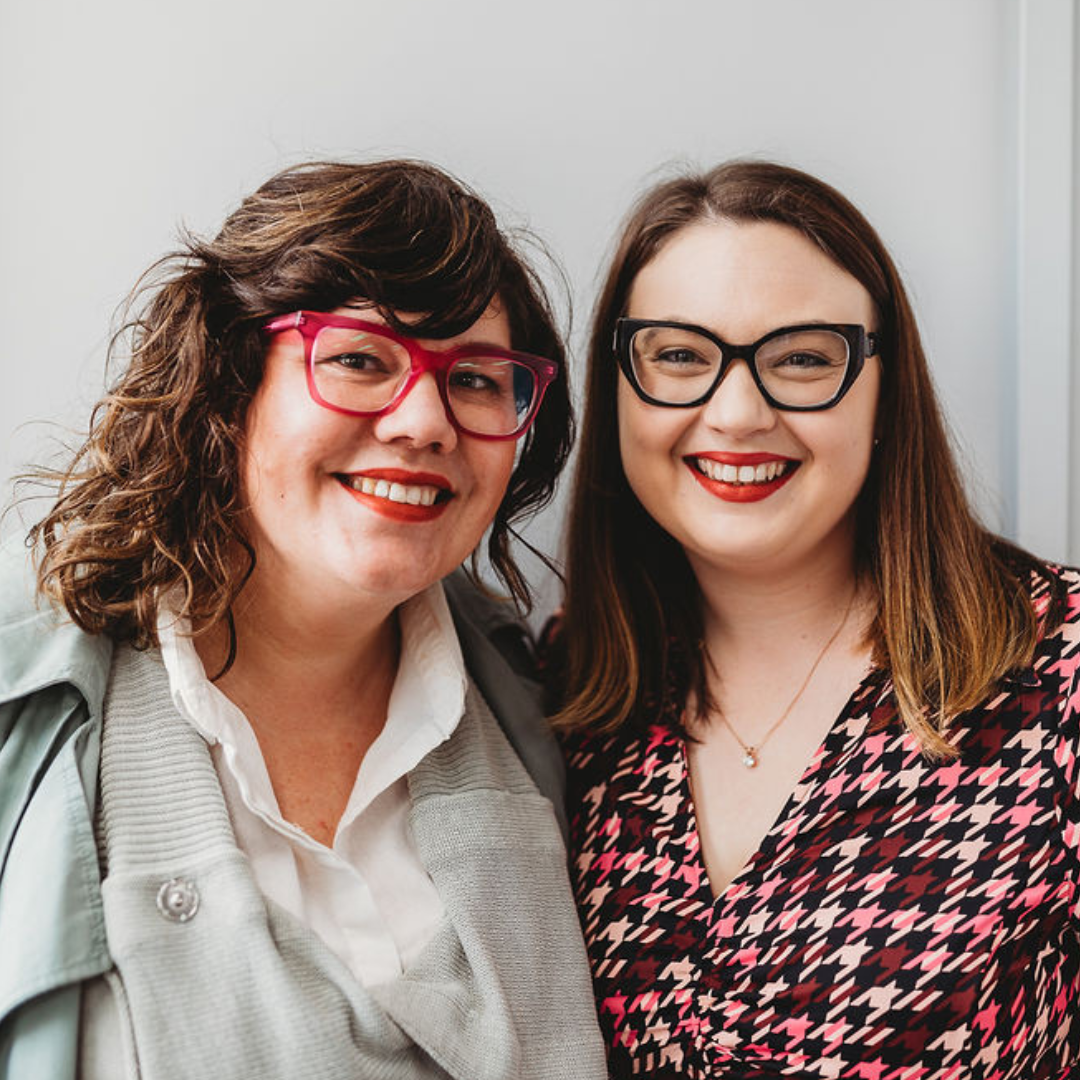
Empower Your Practice and Support Clients in Higher Weight Bodies
Are you a health professional who works with individuals struggling with eating disorders?
Gain the tools, knowledge , and confidence to provide compassionate, weight-inclusive care to clients in higher weight bodies.
In this transformative course, we’ll explore the impact of weight bias in healthcare, guide you in creating safe, inclusive spaces for your clients, and teach you how to shift your approach to treatment by challenging harmful weight-centric practices. You’ll also learn how to navigate sensitive topics like body image, oppression, and the anger and grief often experienced by those facing societal discrimination.
Whether you’re a therapist, dietitian, counsellor, or other healthcare provider, this workshop will help you build a more inclusive, trauma-informed practice and empower you to become an advocate for systemic change in healthcare. Let’s work together to dismantle weight stigma and provide healing that truly honours the diverse experiences of those in higher weight bodies.
Join us in transforming your approach to eating disorders—because everybody deserves compassionate care!
Check our some of ELL Education's other Resources:
| | |  |
Welcome to Eat Love Live EducationWhat to Expect from ELL Education | Radical Client Centred Frame work | "I've done the basic training: now what?Intermediate skills in supporting individuals with eating disorders. |
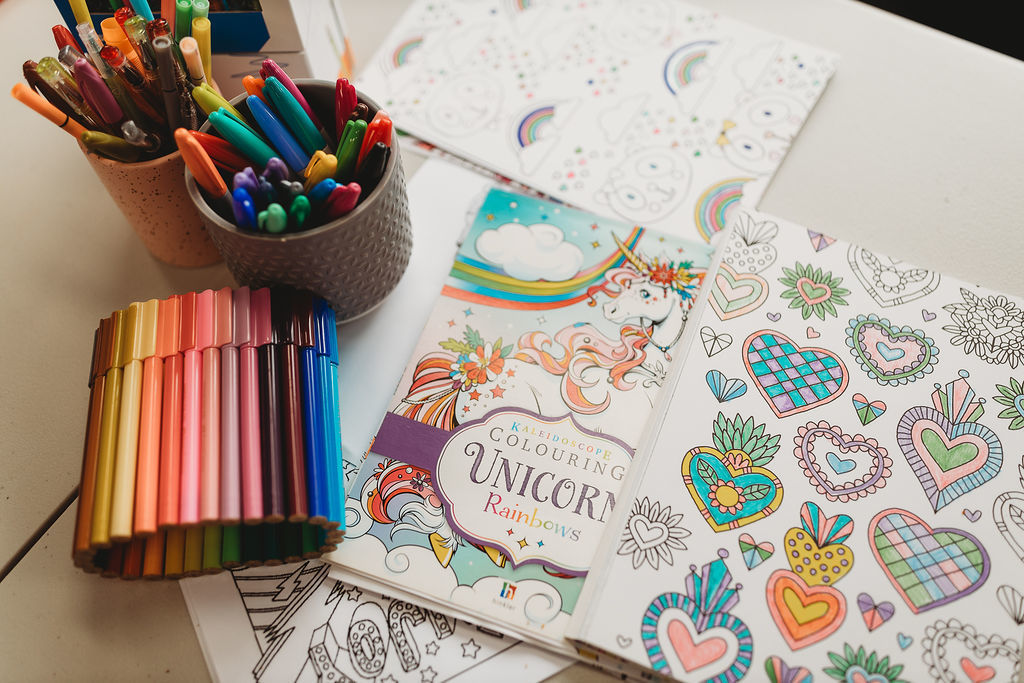 | 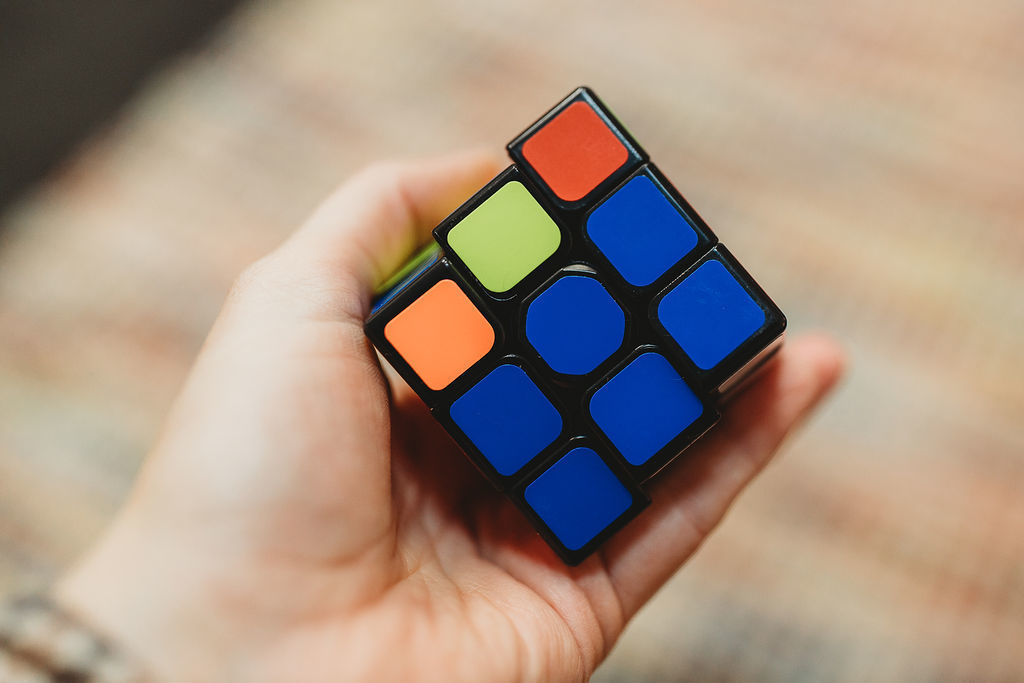 |
|
Digital Client Resource packageFor dietitians and Allied Health Professionals supporting individuals with disordered eating and eating disorders 24 Educational Handouts + 7 where to find more information resources +2 bonus client worksheets | Free Recording to watch of a panel with experienced dietitians working in Mental Health and Eating Disorders reflecting on what they wish they could tell their younger selves. |
|
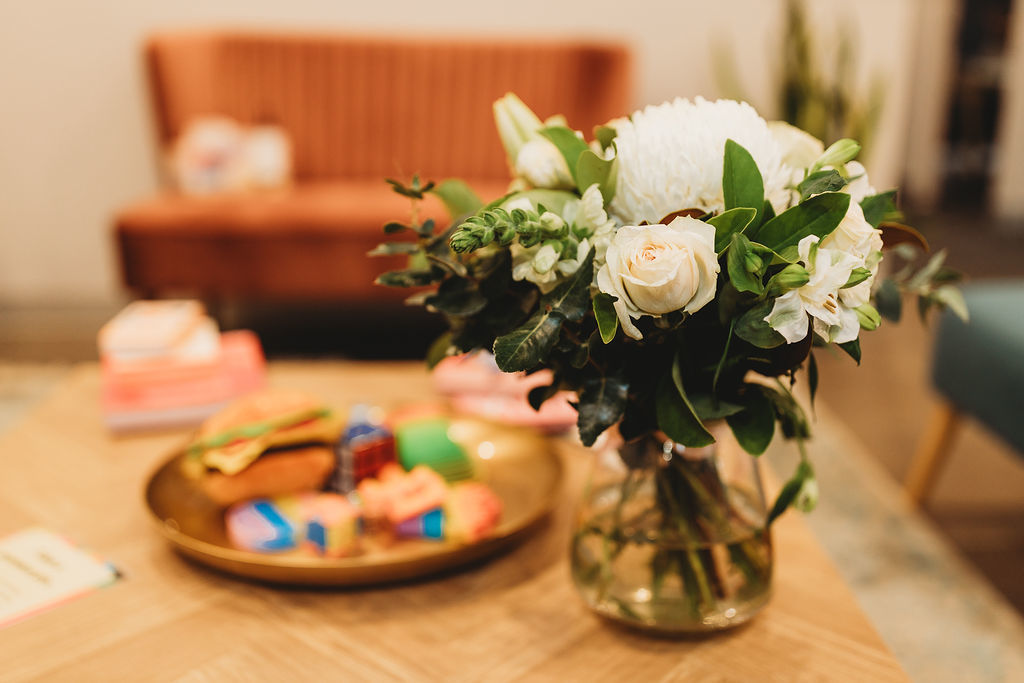 | 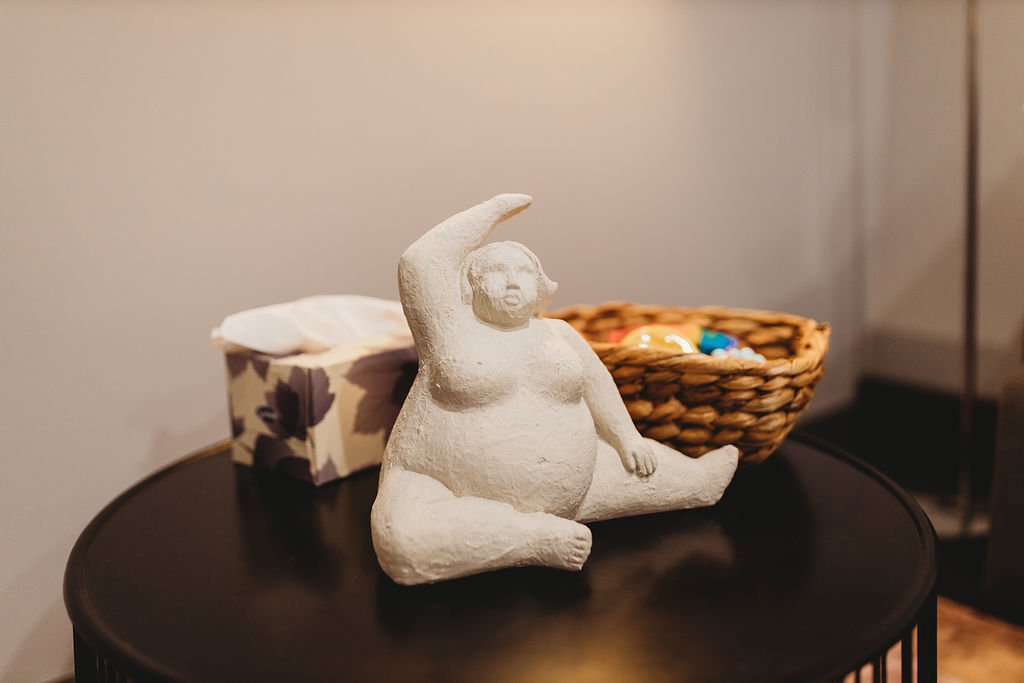 |  |
THE IMPACT OF SOCIAL MEDIA ON BODY IMAGESupporting young people in a digital landscape | Understanding supervision - the key to improving your practiceSupervision is recognised by many dietitians & health practitioners as one of the most important factors in reducing burnout & improving quality of care provided to clients. |
View All Products
